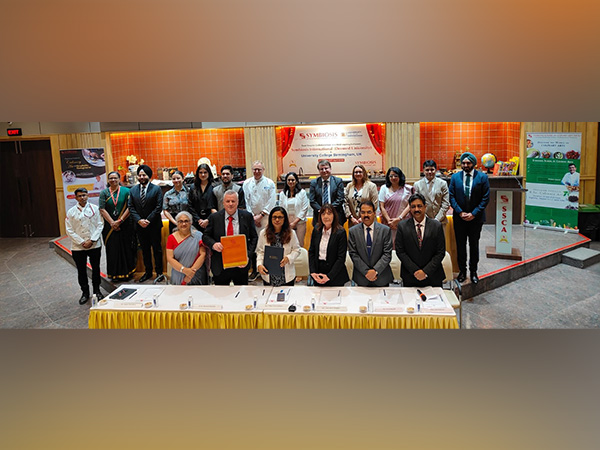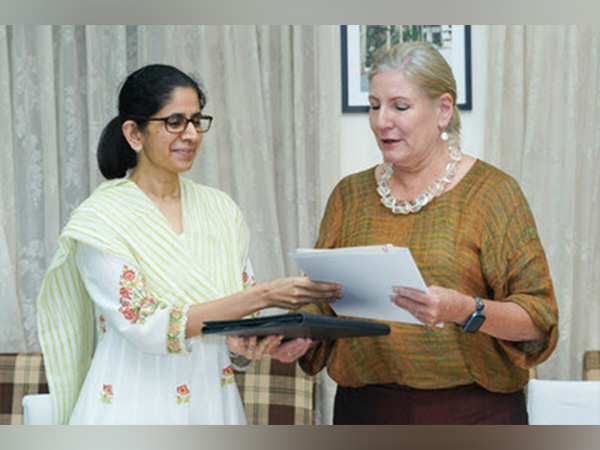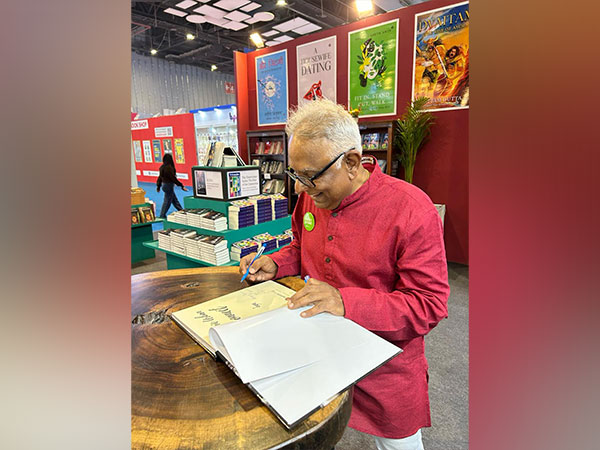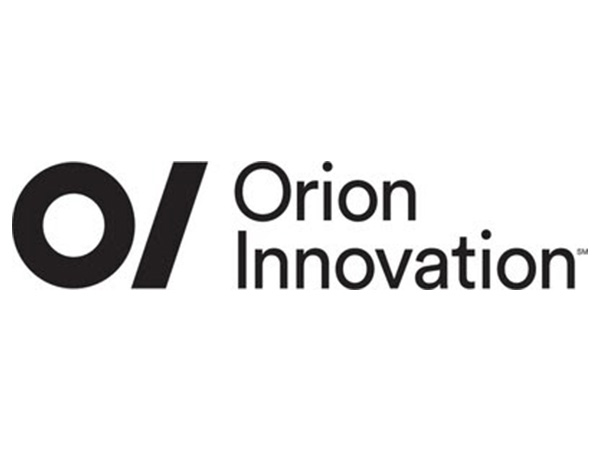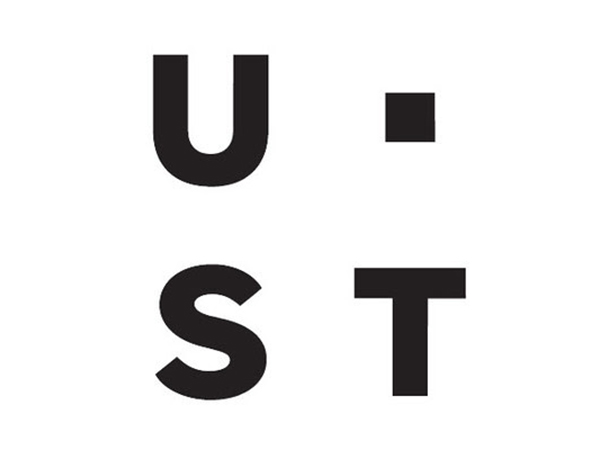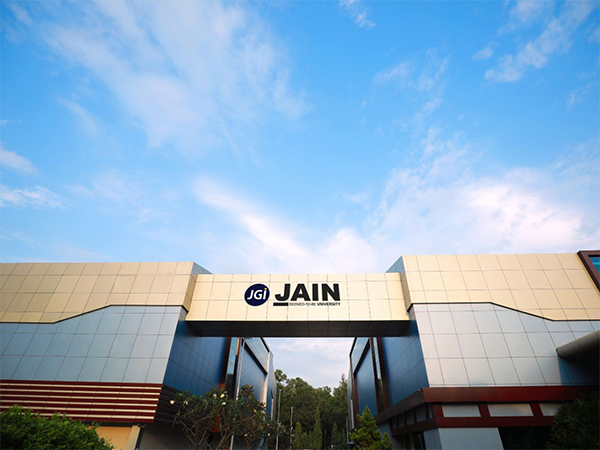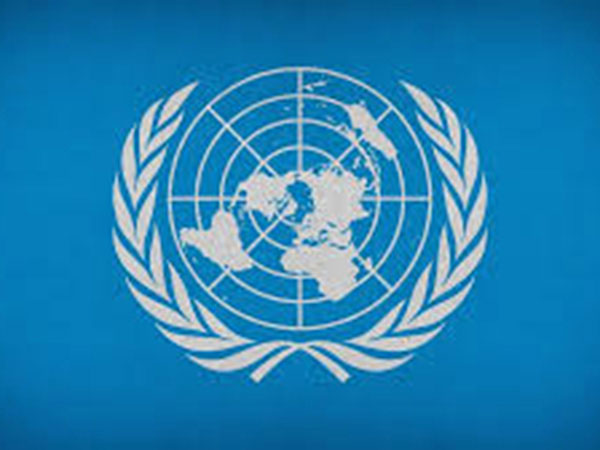
UN envoy regrets lack of progress in political process in Syria
Jan 21, 2021
United Nations, January 21: UN Special Envoy for Syria Geir Pedersen on Wednesday regretted a lack of progress in the political process in the war-torn country.
"The political process is not as yet delivering real changes in Syrians' lives nor a real vision for the future," he told the Security Council.
Steps that could build confidence are not really being taken: full and unhindered humanitarian access; progress on detainees, abductees and the missing; a nationwide cease-fire; a cooperative and effective approach to countering UN-listed terrorist groups; steps to create a safe, calm, neutral environment; external and internal steps to address the socio-economic crisis, said Pedersen.
Moreover, there are no political talks among the Syrians other than on a constitutional track. And free and fair elections to be held pursuant to a new constitution under UN supervision, as envisaged in Security Council Resolution 2254, seem far into the future, he said.
The fifth session of the Small Body of the Syrian Constitutional Committee will convene in Geneva next week, COVID-19 conditions permitting. It will discuss the basic principles of the constitution, he said.
"I do see this coming session of the Constitutional Committee as very important. For more than a year, many subjects have been discussed. I believe the time has come for the co-chairs to establish effective and operational working methods, so that the meetings are better organized and more focused. I believe that we need to ensure that the committee begins to move from 'preparing' a constitutional reform to 'drafting' one (constitution), as it is mandated to do."
The Constitutional Committee can do this by beginning to consider specific constitutional issues and draft provisions. The co-chairs of the committee can and should reach agreement on a work plan for future meetings with clear agendas and topics, and there needs to be more urgency in the process, said Pedersen.
"I believe that these are reasonable goals. But I cannot assure the (Security) Council that they will be met this time ... I strongly appeal to the co-chairs and to all members of the committee to be ready to move to a new phase of work in this next session."
It is clear that no one actor or group of actors can impose their will on Syria or settle the conflict. They must work together. The process must be Syrian-owned and Syrian-led, he said. "But the conflict is highly internationalized, with five foreign armies active in Syria. We cannot pretend that the solutions are only in the hands of the Syrians, or that the UN can do it alone. That is why we need a more serious and cooperative international diplomacy."
This really should be possible. After all, despite their differences, key states are committed to Resolution 2254 and have common interests -- including on issues such as stability, containing terrorism, the safe, dignified and voluntary return of refugees, and preventing further conflict.
"I am more convinced than ever that we need a comprehensive approach -- inclusive of all issues, and all actors, moving in mutual and reciprocal steps on all the issues outlined in Resolution 2254. This could unlock genuine progress, and could chart a safe and secure path out of this crisis for all Syrians, men and women."
As the Syrian people face the year 2021, a decade of conflict has seen them experience death, injury, displacement, destruction, detention, torture, terror, violations, indignities, instability, intervention, occupation, division, de-development and destitution on a massive scale, he said.
A perfect storm of factors -- the impact of a decade of conflict, the global economic conditions due to the COVID-19 pandemic, the spillover from the Lebanese crisis, internal factors such as war economies, corruption, mismanagement, and external factors and measures -- is producing a slow tsunami that is crashing across Syria, he warned.
"This is no doubt a time of huge global and regional challenges. We must ensure that addressing the conflict in Syria is high among our shared priorities ... We need to begin to unlock progress, step by step, in a reciprocal and mutually reinforcing manner, along the path of Resolution 2254," he said. "If we do not, the dangers to Syria's civilians, to Syria as a state, to its society, and to the region, will only grow. This cannot be acceptable to Syrians or to any of us."
He asked for the support of the Security Council and all key actors for maintaining calm nationwide, supporting confidence-building, and moving the political process forward.
Source: Xinhua


